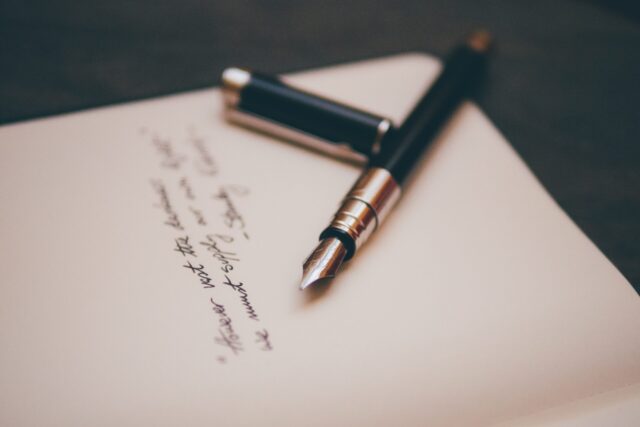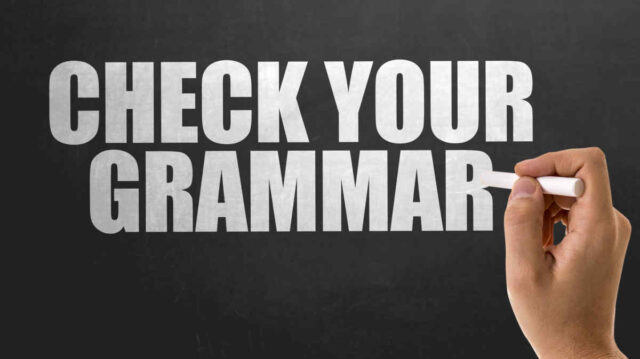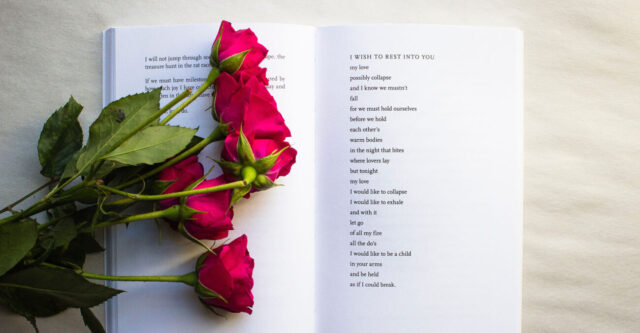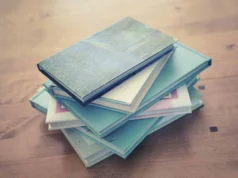Writing poetry is an incredible way to express yourself and explore your creativity. It can be an important tool for self-reflection and personal growth and a great way to connect with others, share your ideas and experiences. But if you’re new to writing poetry, it can be intimidating to know where to start. In this guide, we’ll discuss the basics of writing poetry for beginners, from finding inspiration and exploring different forms of poetry to revising and editing your work.
What Is Poetry?
Poetry is a form of literary art that uses language to evoke emotion and create imagery. It is often characterized by its use of rhythm, rhyme, and other devices to create a unique and memorable experience. Poetry can take many forms, from sonnets and haikus to free verse and spoken word. The possibilities are endless – the only limit is your imagination.
Benefits of Writing Poetry

Writing poetry is an excellent way to express yourself and explore your creativity. It can help you to gain insight into your thoughts and feelings and can be a powerful tool for self-reflection and personal growth. Writing poetry can also be a great way to connect with others and share your ideas and experiences.
Developing Your Writing Voice
One of the most important aspects of writing poetry is finding your own unique voice. To do this, it’s important to find inspiration and explore different forms of poetry.
Finding Inspiration

Inspiration can come from many sources, including nature, music, literature, books, articles, essays, and personal experiences. Experiment with different types of inspiration to find what works best for you. You can also look to the work of other poets for inspiration – reading poetry is a great way to get ideas and learn about different forms and techniques.
Exploring Different Forms of Poetry
There are many different forms of poetry, including sonnets, haikus, and free verse. Research the different forms to find which one appeals to you the most. You can also experiment with different forms to find a style that suits your voice or ask for advice from professionals from academichelp.net. Additionally, you can look to other poets for inspiration and read their work to get an idea of the different forms of poetry.
Writing Exercises

Writing exercises are an effective way to practice your craft and find your own unique voice. Try writing a few lines of poetry each day, or write a poem in response to a prompt. You can also challenge yourself by writing a poem in a form that you’re not familiar with. Writing exercises can also be a great way to explore different forms of poetry and find inspiration.
Crafting Your Poem
Once you’ve developed your writing voice, it’s time to start crafting your poem.
Choosing a Topic
Choose a topic that you are passionate about or something that has been on your mind recently. Consider the tone and mood you want your poem to convey.
Brainstorming Ideas

Brainstorm ideas for your poem by jotting down words and phrases that come to mind. Use these words and phrases to create an outline or a list of possible topics. Additionally, you can look to other poets for inspiration and use their ideas to spark your own.
Writing the First Draft
Start by writing a rough draft of your poem. Don’t worry about making it perfect – just focus on getting your ideas down on paper. You can always go back and refine it later. Writing the first draft is an important step in the process and can help you to get a better understanding of your poem and how it should be structured.
Revising and Editing
Once you’ve written your first draft, it’s time to revise and edit your poem.
Checking for Grammar and Spelling

Read through your poem and check for any grammar or spelling mistakes. Make sure your poem is clear and concise. Additionally, you can ask a friend or family member to read your poem and give you honest feedback. Listen to their suggestions and use them to refine your poem.
Reading Your Poem Aloud
Read your poem aloud to yourself to get a feel for the rhythm and flow of your words. Listen for any awkward phrasing or words that don’t fit. Reading your poem aloud can also help you to identify any areas that need to be revised or edited.
Publishing Your Poem
Once you’re happy with your poem, it’s time to publish it.
Submitting to Literary Magazines

Research literary magazines that accept submissions and read their guidelines carefully. Submit your poem and wait to hear back from the magazine. Entering Poetry Contests Look for poetry contests that have a theme or style that appeals to you. Follow the submission guidelines and submit your poem.
Self-Publishing
Consider self-publishing your poem if you don’t want to wait for a response from a magazine or contest. You can self-publish your poem on your website or blog, or through a self-publishing platform. Additionally, you can look for opportunities to read your poem aloud at open mic nights or poetry readings.
Conclusion
Writing poetry is a great way to express yourself and explore your creativity. Develop your writing voice by finding inspiration, exploring different forms of poetry, and writing exercises. Craft your poem by choosing a topic, brainstorming ideas, and writing the first draft. Revise and edit your poem by checking for grammar and spelling, reading it aloud, and asking for feedback. Publish your poem by submitting it to literary magazines, entering poetry contests, or self-publishing.
Writing poetry can be a challenging but rewarding experience. Don’t be afraid to take risks and try something new – you never know what you might create! With practice and dedication, you can become a great poet. So grab a pen and paper and get writing! Writing poetry is an incredible way to express yourself and explore your creativity. It can be used to explore difficult emotions, create beautiful imagery, and connect with others. With practice and dedication, you can become a great poet. So grab a pen and paper and get writing!












